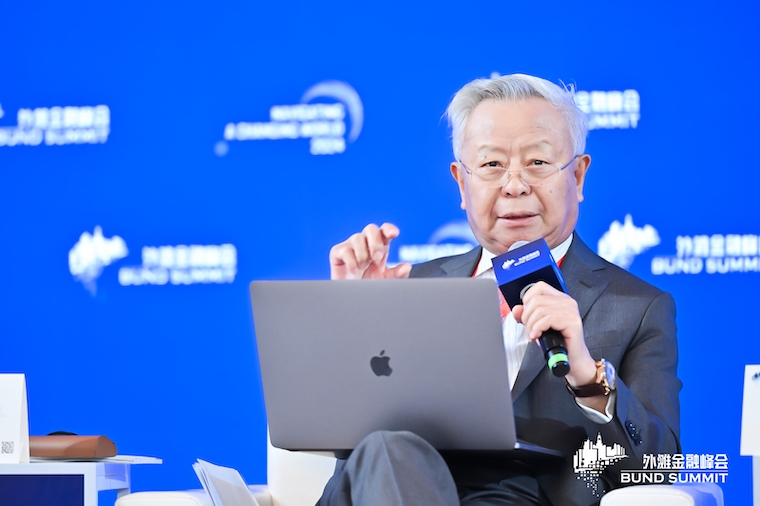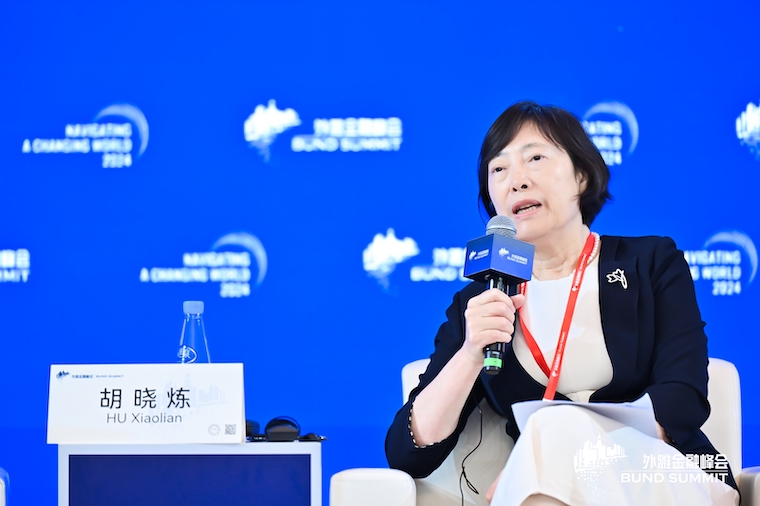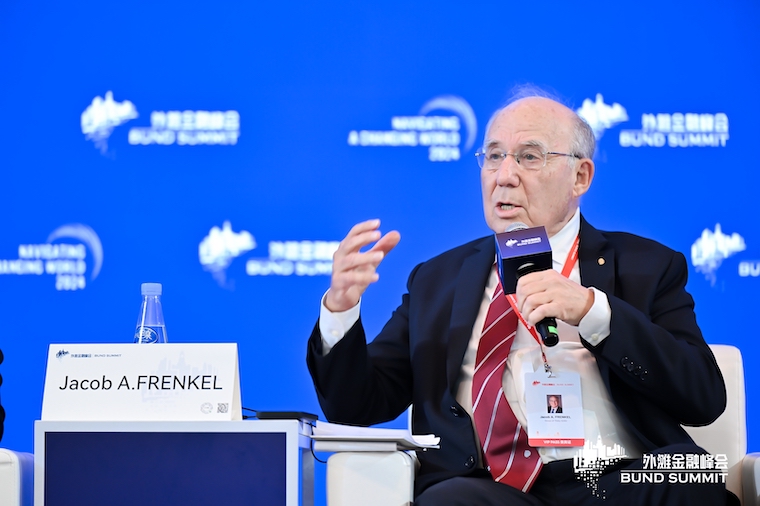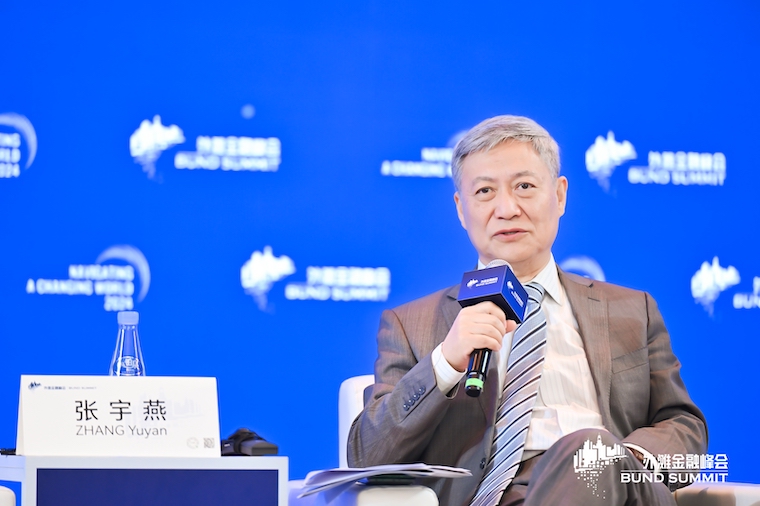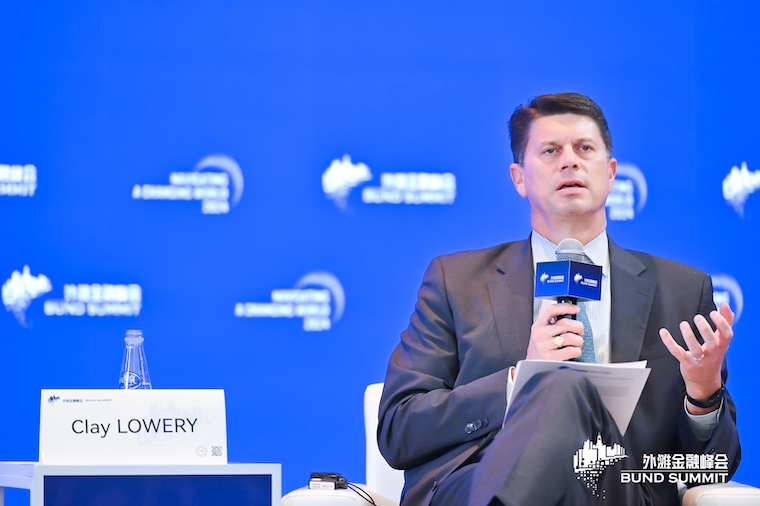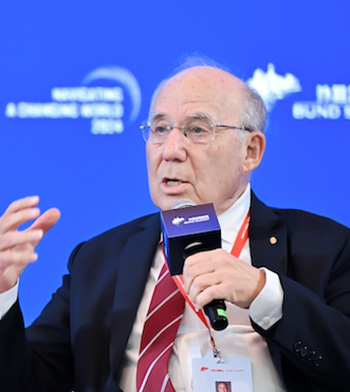

Why do we need to all of this global governance to begin with?
And the answer is, because the world is interdependent, and there are externalities. If one country does policies, it affects the rest of the world, and therefore, from pure logic, we need to define a system that will internalize these externalities. That's the only way to make sure that the system operates well.
And the question is, but why is it so complicated?
And the answer is, again, in the political sphere, governments are elected domestically. The effects of government policies are felt globally, externally, and therefore, in a way, the automatic tendency, instinctive tendency of the political system is, let's worry about our own backyard. So you need, therefore, to create incentives and a system in which this backyard is taking into account the rest of the world.
So the question of who should coordinate is a very important one.
There are always three steps when you deal with these matters, you need to have a system for crisis prevention. But if you fail, you need a system for crisis management, and if you fail, you need to have a crisis resolution. Those are the three steps, prevention, management resolution. Normally, the prevention does not have political support, because when things are fine, there is no incentive even to get together. It is when the back is to the wall, when there is a fire, that's where you start to extinguish it. You put a lot of water on everything. You can call the water QE, or you can call the water a flood, and you don't care how will the carpets stand the water. Because you have a fire to extinguish. You are very short term ish, and the question is, what system will be such that the way you extinguish the fire does not plant the seeds for the next crisis? For this, you need to have a medium term perspective. In other words, what I'm saying is the system of global governance that is needed is much more complex than just let's agree what it is.

Jacob A. FRENKEL
Former Governor, Bank of Israel; Former Chairman, JPMorganChase International; Chairman, Emeritus Group of Thirty


We have an election in six weeks. President Trump might win or we might get Vice President Harris might win, how they will deal with China?
Back in 2008, when we were working on the G20, we used to have conversations with China about all sorts of things. And we didn’t always agree. We disagreed a lot of times, but we were able to engage with each other. And I think it was a positive development from a governance standpoint. I don't see us getting back to that. But could we actually get some positive momentum? If former President Trump wins, former President Trump wins, it's hard to see that he would be able to do that.
If it's Vice President Harris, she talks about it as the“derisking” from China. Lots of different ideas about what that actually means, but it does suggest to me at least that unless we start coming up with ways of solving the problem between the US and China, that makes it all the more difficult to solve global governance problems.

Clay LOWERY
Executive Vice President, Research and Policy, Institute of International Finance
Watch the highlights


Why Is Global Governance So Complex?


Trump or Harris, How Will They Handle Sino-American Relations?

